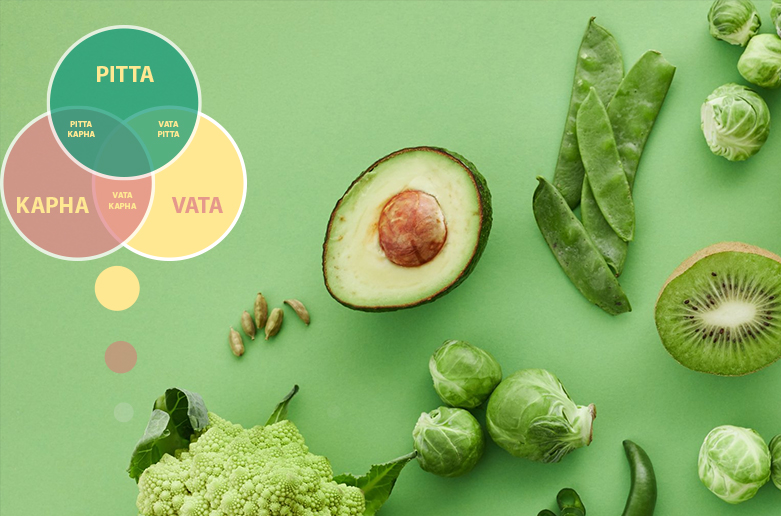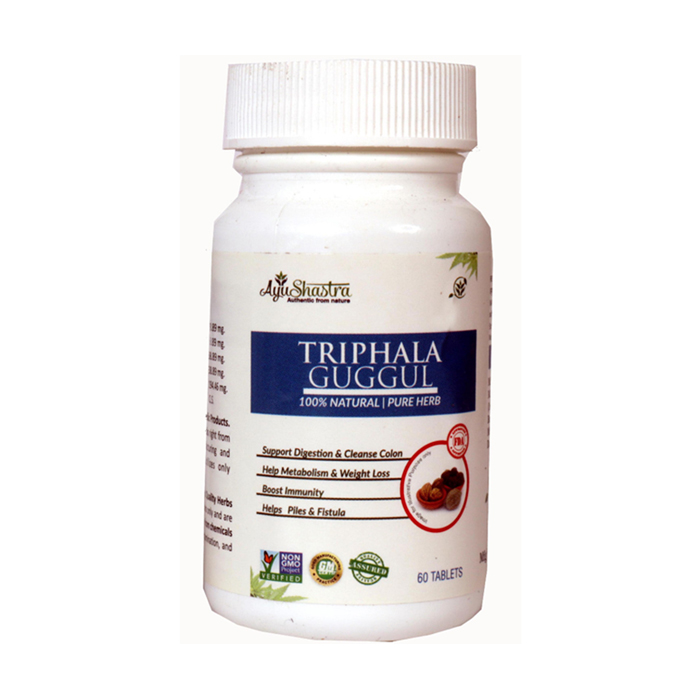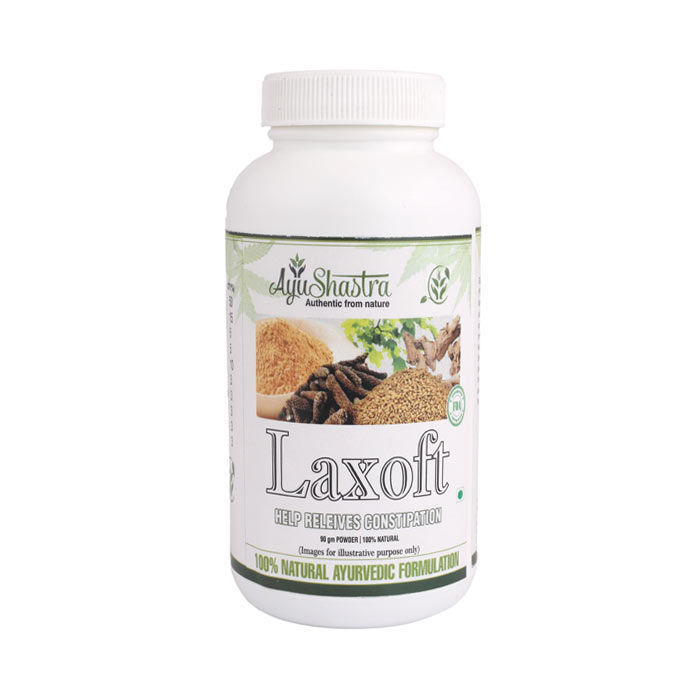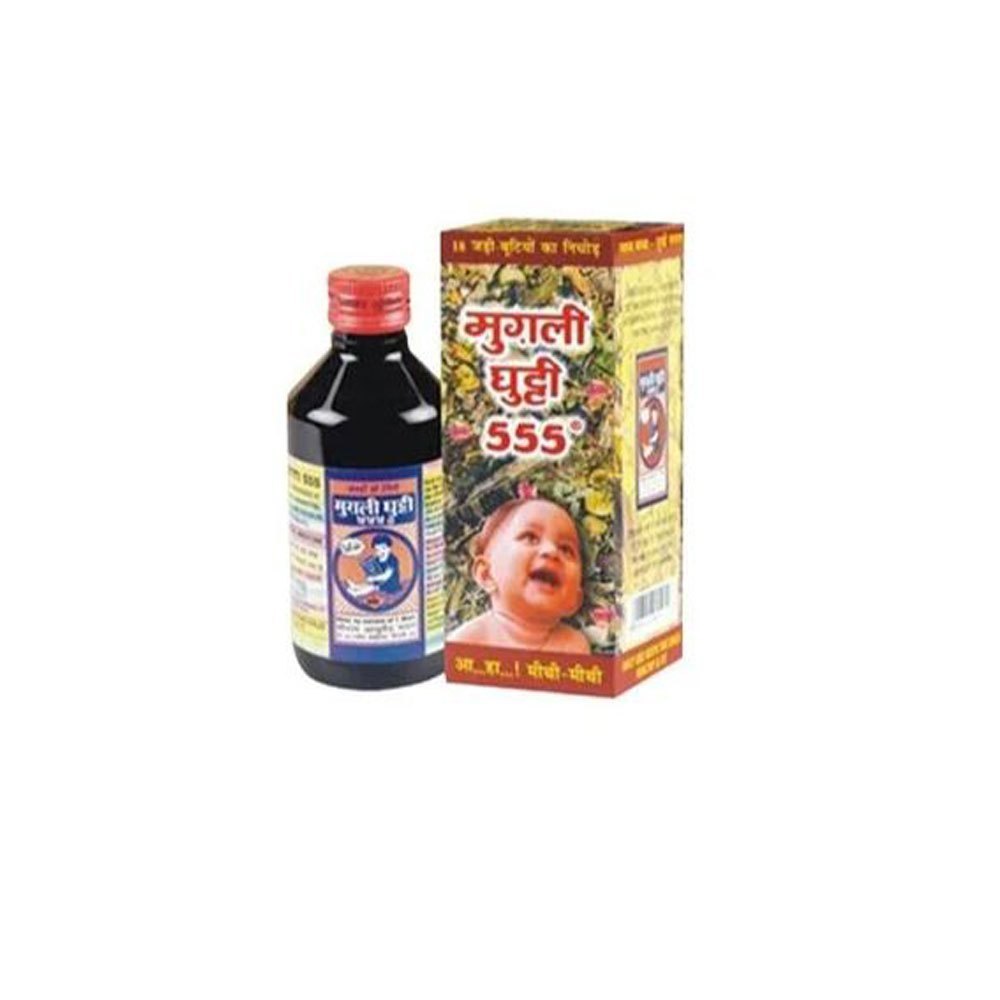
What is Constipation?
Constipation is a common ailment characterised by infrequent or hard pellet faeces, as well as difficulty emptying them. If left untreated, it can be a very painful condition with a range of health repercussions.
Due to digestive gut issues, toxins (ama) can build up in the body's pathways. Gut health refers to the overall health of the digestive system as well as the balance of microorganisms that dwell there. Increased sugar cravings, sporadic bowel movements, disrupted sleeping habits, skin problems, and mental issues are all signs that the gut isn't functioning properly.
Constipation as per Ayurveda
Constipation is a condition that is similar to Vibandha in Ayurveda. Vibandha, also known as Badha-purisha, is a sroto dushti or toxification of bodily channels involved in the purishvaha srotas or digestive tract.
Undigested food, according to Ayurveda, slowly accumulates as a toxin in the stomach and large intestines, impairing Vata Dosha and causing digestive tract obstruction. Constipation occurs when the digestive tract is clogged and the body is unable to facilitate proper bowel movement. Constipation complications can include haemorrhoids, anal fissures, and faecal obstruction. Adults typically have three bowel movements per day to three bowel movements per week. Babies typically have three to four bowel movements per day, whereas young children have two to three per day.

























12092023144239.jpg)
28102023145646.jpg)
27112023175720.jpg)